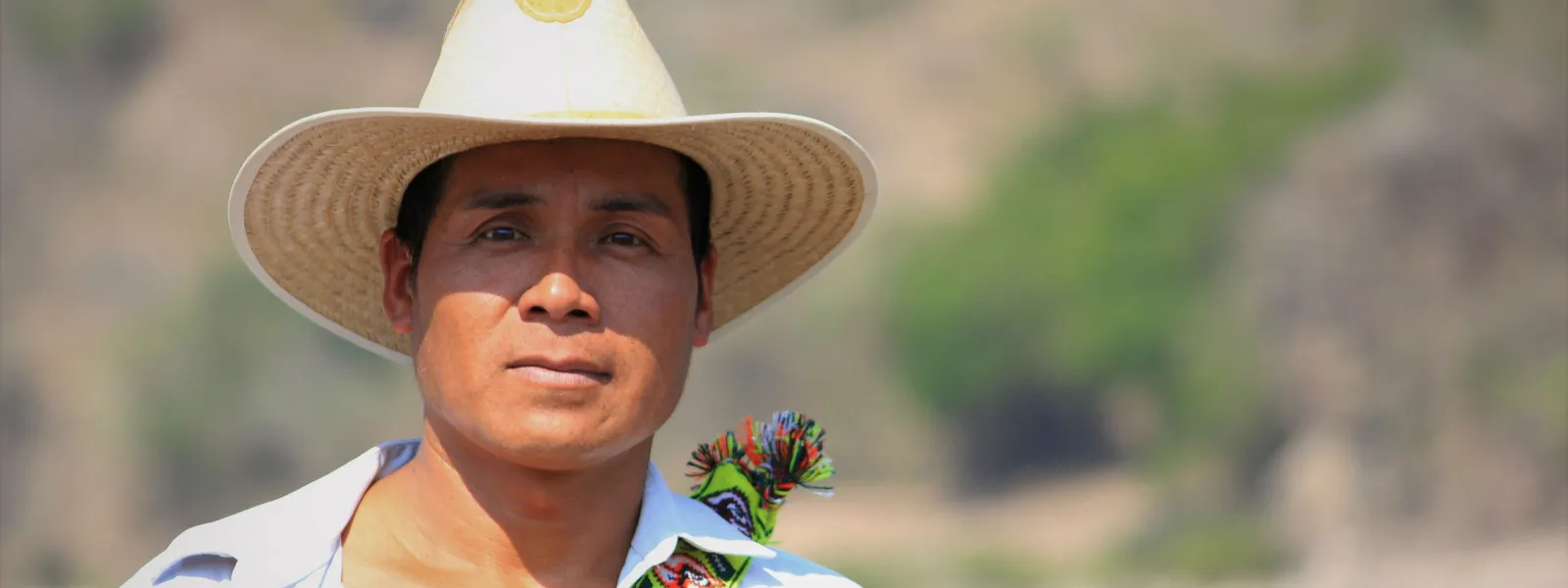
Why we work to protect human rights in Latin America
Photo: Camilo Thompson / AIDA.The attorneys who make up AIDA’s Human Rights and the Environment Program work to protect people and communities whose rights have been violated or are at risk from the degradation of their natural environment.
They know that there is an undeniable connection between the full enjoyment of human rights and a healthy environment.
Here’s why they do what they do:
“I DO IT BECAUSE IT’S IN MY BLOOD.”
Astrid Puentes, AIDA Co-Director
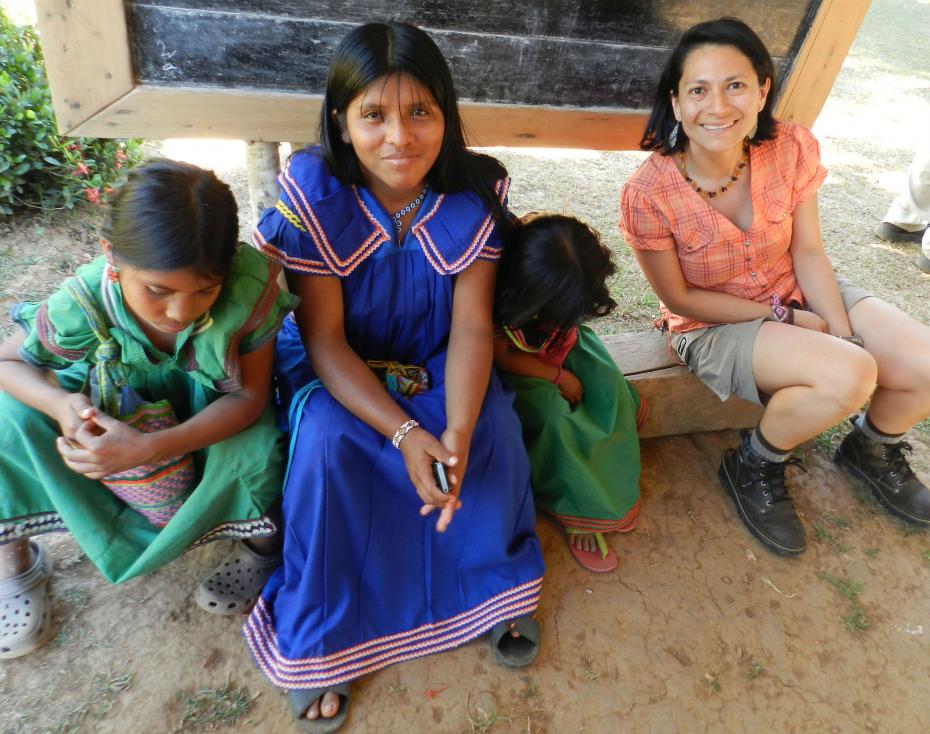
“I work in defense of the environment and human rights because they are essential aspects of life, and they are linked. I do it because it’s in my blood: my father was a farmer, my grandparents and great-grandparents too. Part of my connection with nature comes from my family; it’s my inheritance. I’ve always wanted to contribute to making the world better, particularly in my home country of Colombia, which has so many natural resources but also so much social injustice. I dedicated my career as an attorney to helping make my country a better place. When I became a mother, that motivation only grew, and now I feel a great responsibility to do everything I can so that my children will have a better planet.”
Early in her career, Astrid helped stop a proposal by the Colombian and United States governments to spray a transgenic fungus on the Amazon, which would have seriously damaged a vital ecosystem that many people depend on. It was the first successful case in which Astrid was directly involved.
“I DEFEND HUMAN RIGHTS BECAUSE I BELIEVE THAT DIGNITY AND EQUALITY ARE INALIENABLE RIGHTS.”
Liliana Ávila, Senior Attorney
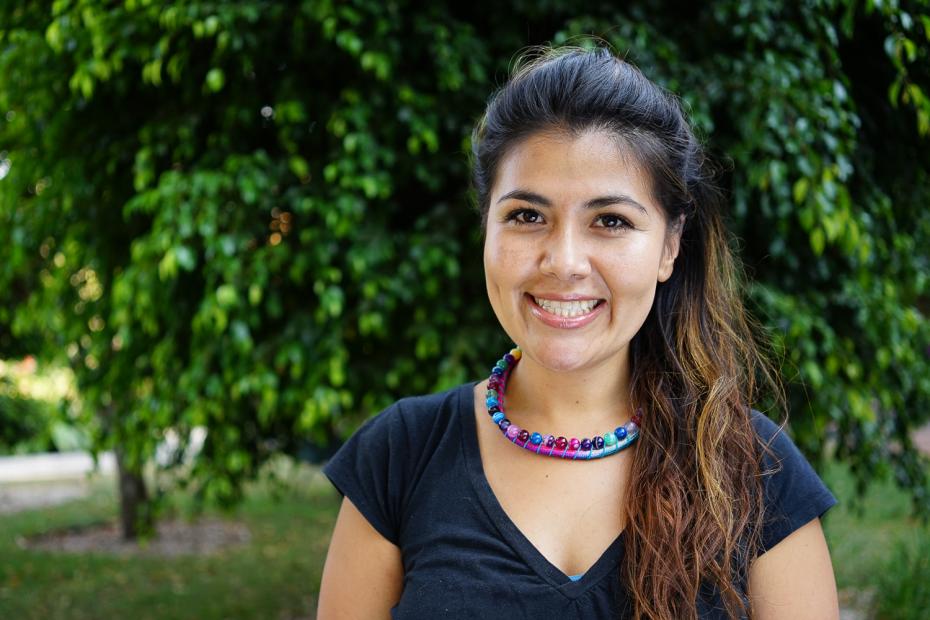
“MY GREATEST MOTIVATION COMES FROM MY AWARENESS OF INEQUALITY AND INJUSTICE.”
Daniel Iglesias, Fellow
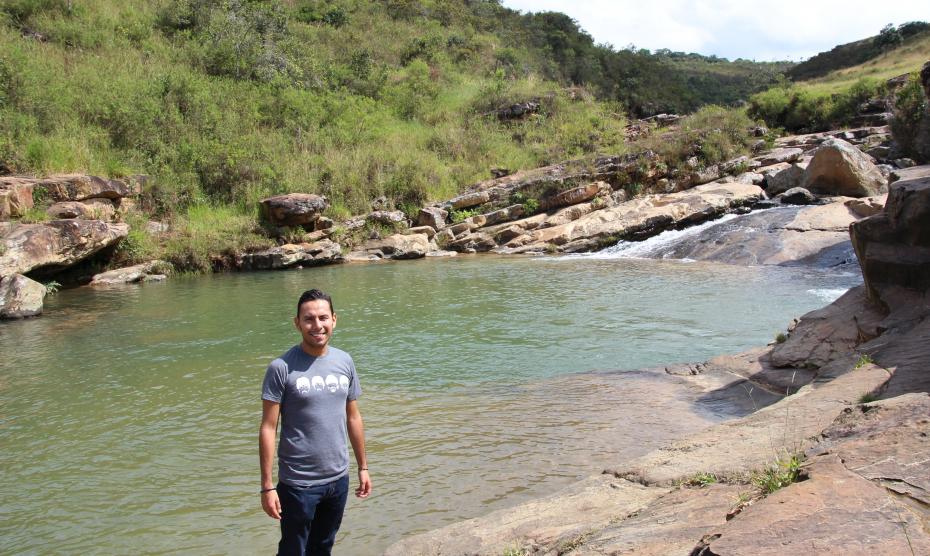
“I GREW UP knowing I HAD RIGHTS.”
Marcella Ribeiro, Legal Advisor
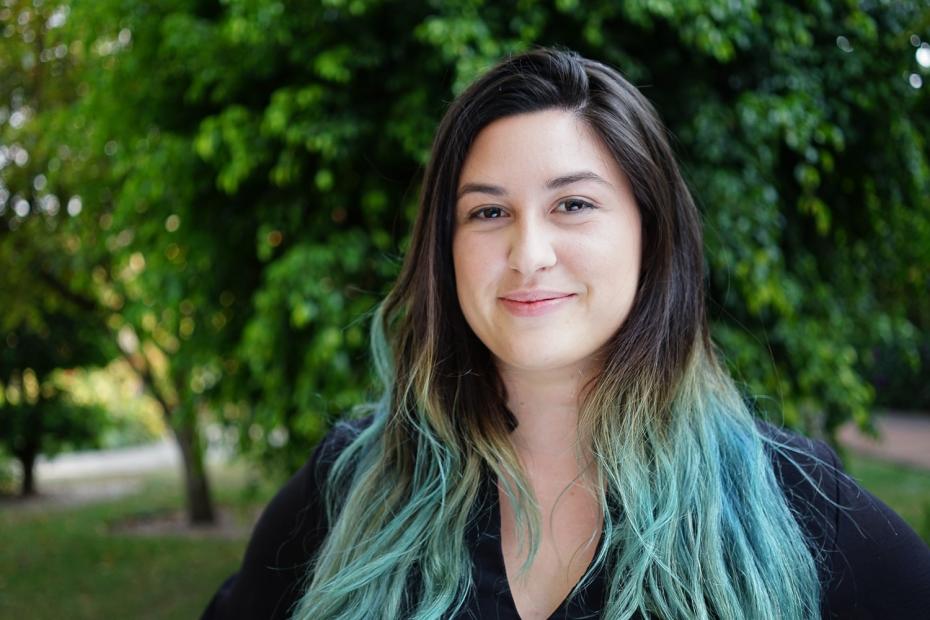
Victor Quintanilla Sangüeza

Victor Quintanilla Sangüeza is AIDA's Content Coordinator, working from Mexico City. He is a Bolivian freelance communications specialist and journalist. He earned a Bachelor of Science in Social Communication from the Universidad Mayor de San Andrés in La Paz, Bolivia. Victor also holds a master's degree and a PhD in communication from the Universidad Iberoamericana Ciudad de México. He has worked in print and television media, as well as in corporate communication in the public and private sectors. Victor is also a researcher in the field of journalism and technology studies.
